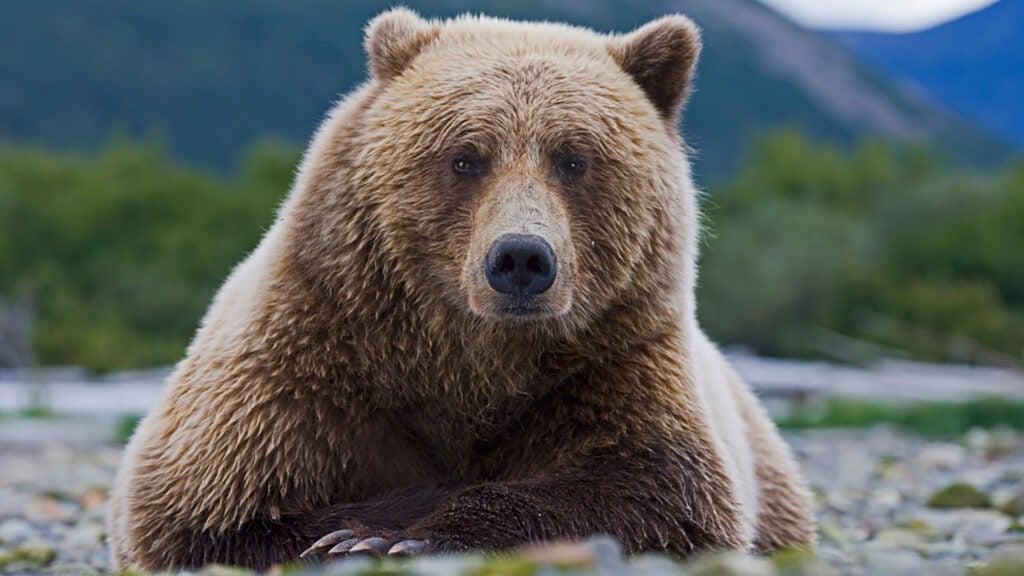No products in the cart.
Outdoor Adventure
Two People Were Attacked and Killed by a Grizzly Bear in Canada
Heading out the door? Read this article on the new Outside+ app available now on iOS devices for members!
Download the app.
A grizzly bear attacked and killed a couple and their dog in Canada’s Banff National Park on Friday, September 29, government officials said.
Parks Canada, the agency that manages Canada’s 48 national parks, said in a statement that officials received a message at 8 P.M. Friday night from a Garmin inReach device alerting rescuers of a bear attack. The message came from a GPS device located in the Red Deer River Valley, a scenic area located on the eastern side of the park.
Bad weather grounded a rescue helicopter, so parks officials traveled on foot to the area. Parks Canada sent its Wildlife Human Attack Response team to the site, and it arrived at 1 A.M.
Rescuers found two victims as well as a deceased dog. While at the site, they also encountered a grizzly bear that, according to the release, “displayed aggressive behavior.” Parks Canada officials euthanized the bear.
Officials have not released the names of the victims. A relative of one of the victims told the Canadian Broadcasting Corporation that the two were common-law partners. “They lived for being in the backcountry and were two of the most cautious people I know,” the source told the CBC. “They knew bear protocol and followed it to a tee.”
The source told the CBC that the couple had messaged family members on the evening of the attack saying they had found a campsite. “They were not traveling after dark and they were not setting up camp when the attack happened,” the source said.
Bear encounters are on the rise in multiple U.S. states, as more people venture into the backcountry for recreation. But fatal grizzly attacks are extremely rare. Kim Titchener, a specialist in human-wildlife conflicts, told the CBC that only 14 percent of grizzly attacks against people end in a death. “”Often when people have encounters with grizzlies, usually the grizzly goes one direction and the people go in the other,” she said.
But the few deadly run-ins that occur generate plenty of attention. In July, a grizzly attacked and killed 48-year-old Amie Adamson of Kansas outside Yellowstone National Park. Officials said Adamson had been on a trail run when the incident occurred. In September, officials killed the grizzly they believed attacked Adamson after it broke into a cabin in Montana.
Bear attacks often occur when backcountry travelers surprise an animal on a trail. Officials in Alberta do not know what caused the grizzly in Banff to attack the couple on Friday. October is an important feeding period for grizzlies as they prepare for hibernation, Titchener told the CBC. But she said there is no relationship between this period of increased feeding and attacks on humans.
“They’re still trying to dig up root systems and just trying to eat what grasses are left and what berries are still around to get on those last few pounds so that they can start heading to their dens,” she said.
In its statement on Sunday, October 1, Parks Canada said that it had closed the section of Banff National Park where the attack occurred to visitors. The closures include Red Deer and Panther valleys. The closure runs through November 30.
“This is a tragic incident, and Parks Canada wishes to express its sincere condolences to the families and friends of the victims,” the agency said in the release.
Source link

